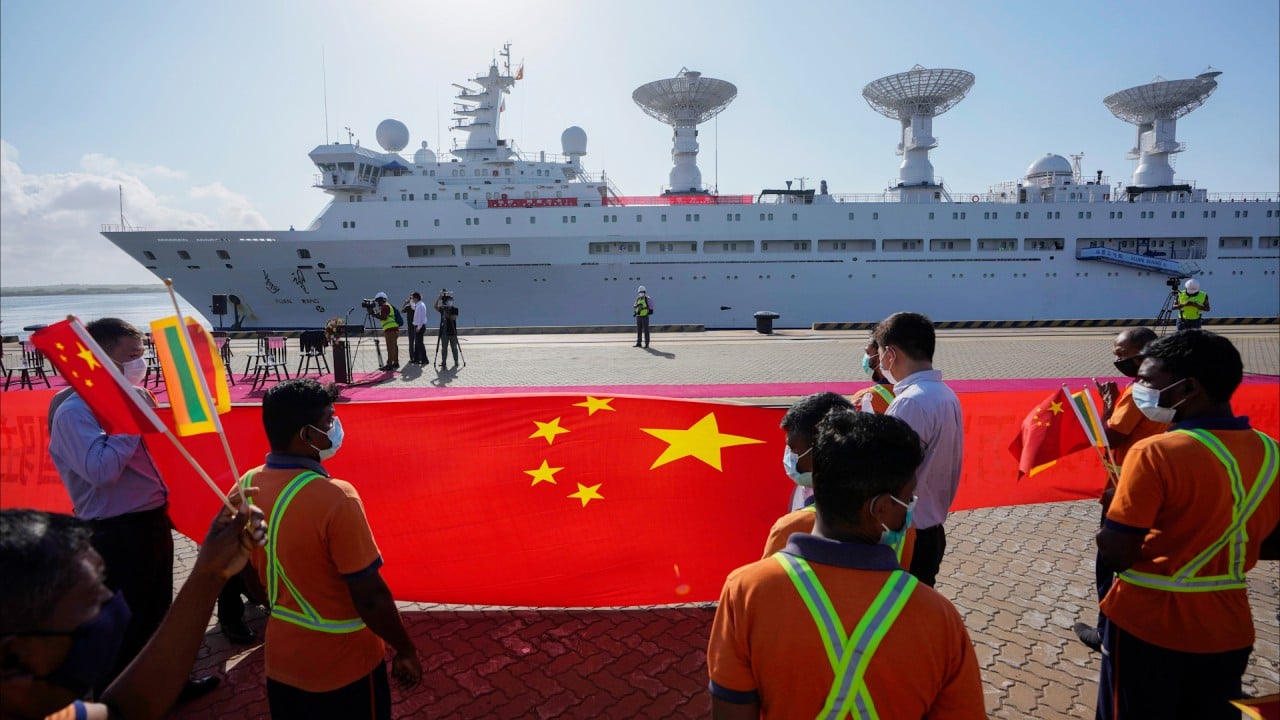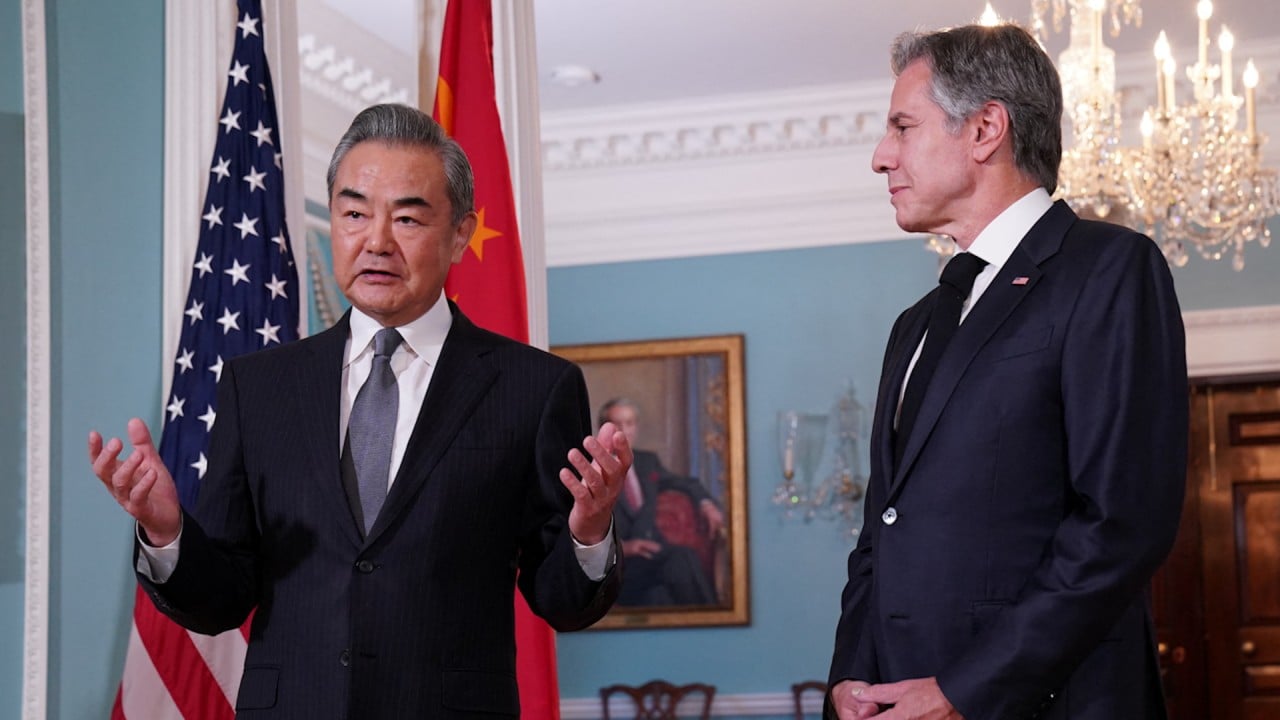Focus on national security ‘not healthy’, head of US advisory body says
Focus on national security ‘not healthy’, head of US advisory body says
“We want that full trade relationship with China to continue, we do not seek to decouple our two economies,” Burns told the forum via video link.
“We have also committed to insulating our partners from economic coercion. In addition, we have taken trade measures to protect our national security, [and imposed] export controls on dual-use technologies to protect our country. These are non-negotiable.”
“We will also not back down from advocating for our values, including freedom of navigation and rules of international law in the South China Sea, peace and stability in the Taiwan Strait and the need for all to be committed to a peaceful solution.”
China has repeatedly denied such claims, insisting that its development model provides an alternative as it vies with the US-led West for influence in the Global South.
While Beijing has yet to officially announce whether Xi will attend the November 15-17 Asia-Pacific Economic Cooperation summit, Kyodo News reported on Wednesday that a meeting between Xi and Biden will take place on November 15, citing a senior US official.
Top Chinese officials have travelled to the US in recent weeks following high-level visits from American diplomats including Secretary of State Antony Blinken, Treasury Secretary Janet Yellen and climate envoy John Kerry since June.
‘Huge differences’ between US, China must not impede dialogue: WTO official
‘Huge differences’ between US, China must not impede dialogue: WTO official
Xie described Wang’s Washington visit as “successful”, but he cautioned about obstacles ahead.
“We are still facing grave challenges and there remains a long way to go to stabilise and improve the bilateral relationship,” said Xie. “Most importantly, we need to find the right way for our two countries to get along in the new era.”
Beijing sees Taiwan as a breakaway province and regards such exchanges as a challenge to its sovereignty.
The restoration of US-China military-level communications appeared to have come a step closer last week, when Beijing welcomed a US defence delegation to its high-profile Xiangshan security forum.
But their militaries have been increasingly caught up in risky close encounters in the South China Sea, while continued Taiwan Strait transits by the US and its allies have kept Beijing on high alert.
Chinese scientists work on new ‘sub killer’ to target US far into South China Sea
Chinese scientists work on new ‘sub killer’ to target US far into South China Sea
Thursday’s forum was also attended in person by former Thai deputy prime minister Bhokin Bhalakula, former Indian foreign secretary Shyam Saran, former US ambassador to China and ex-senator Max Baucus, former US trade negotiator Charlene Barshefsky and president of the 70th Session of the UN General Assembly, Mogens Lykketoft.
In an interview with the Post after the forum, Saran said he “welcomed” the recent high-level exchanges between the US and China.
“A kind of a polarised international situation is not a very good situation,” Saran said.
“So to the extent that recently we see some effort on the part of both China as well as the US to try and improve their relations … All this is welcomed because it is reducing the level of tensions.”



